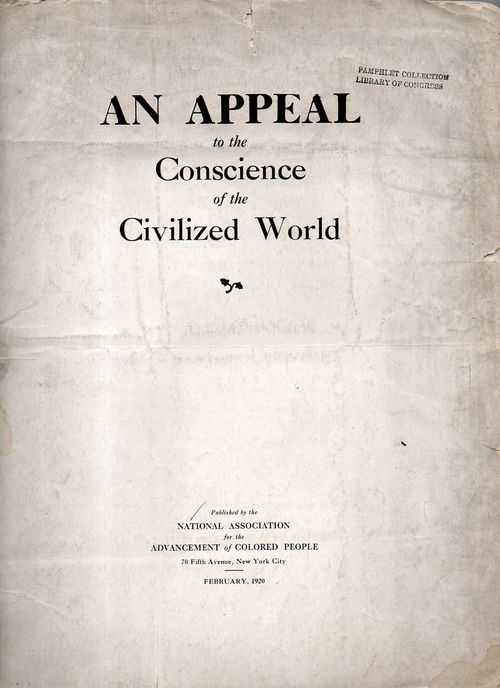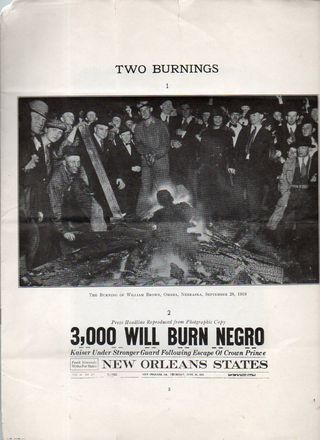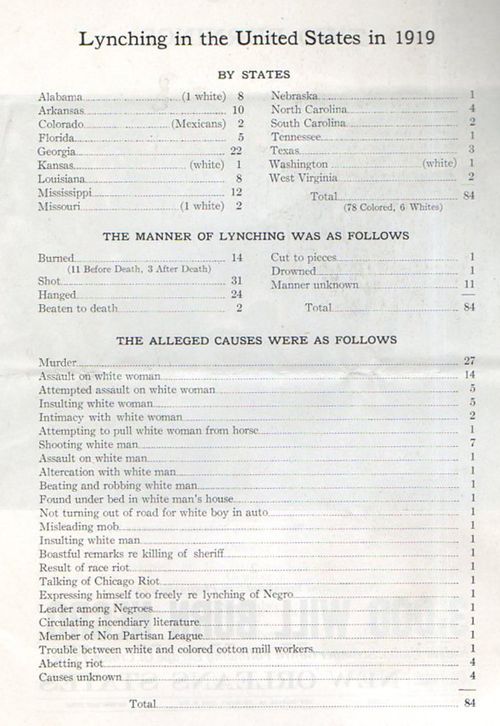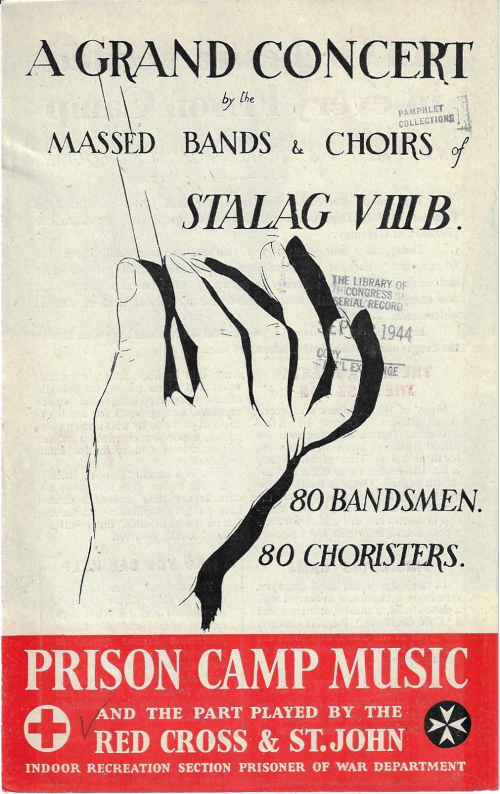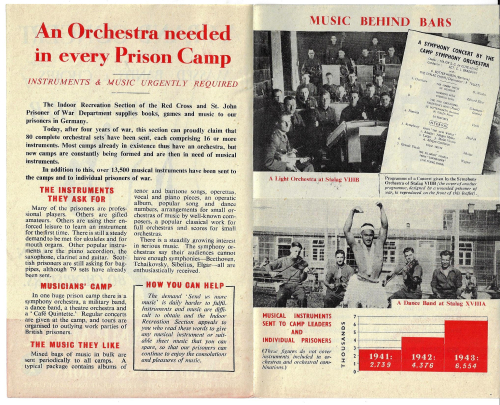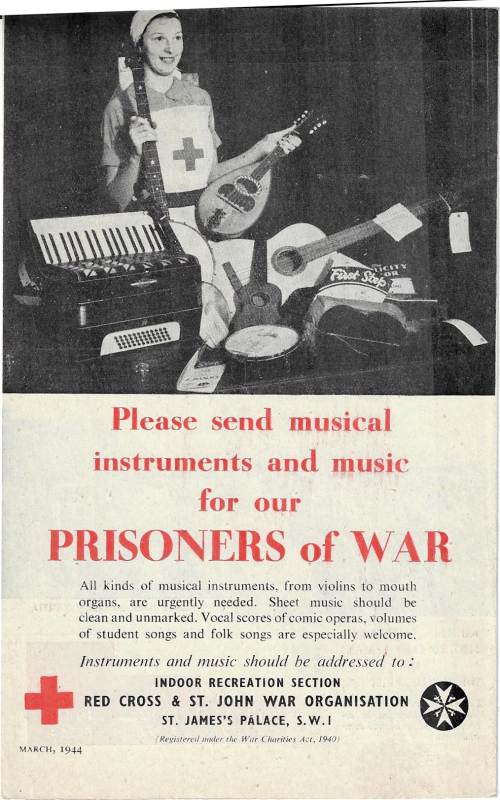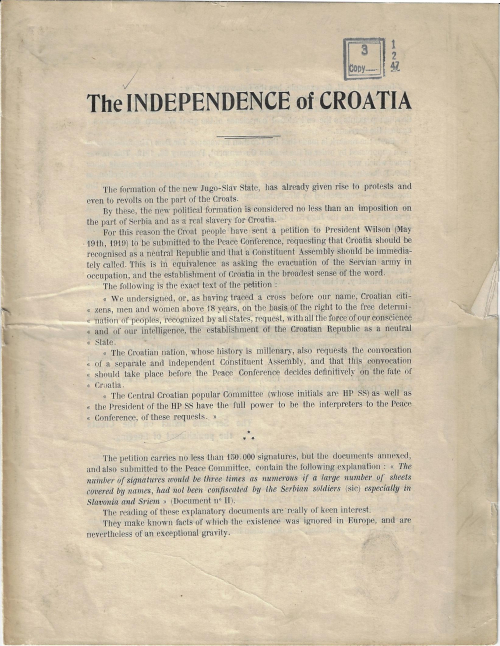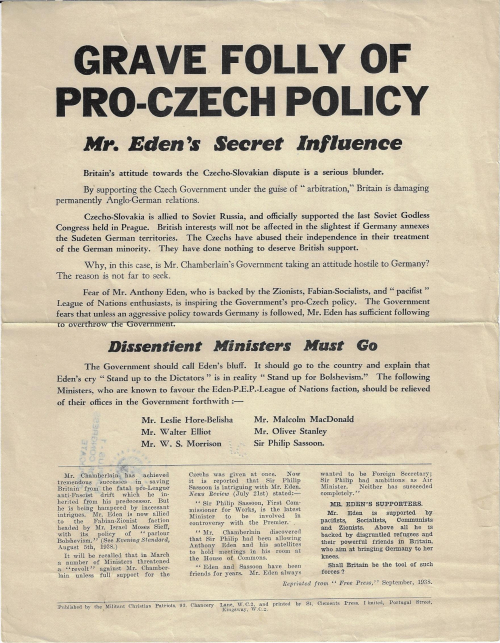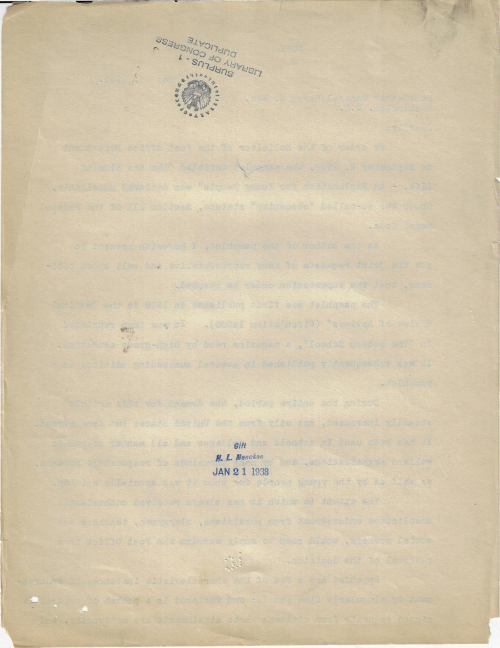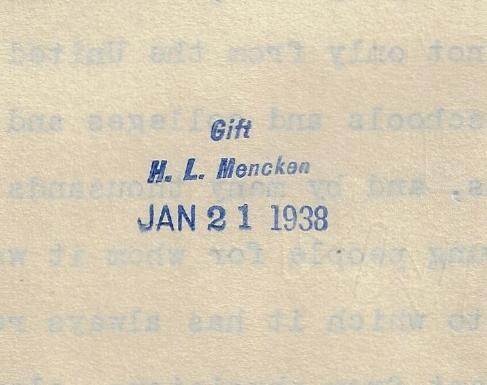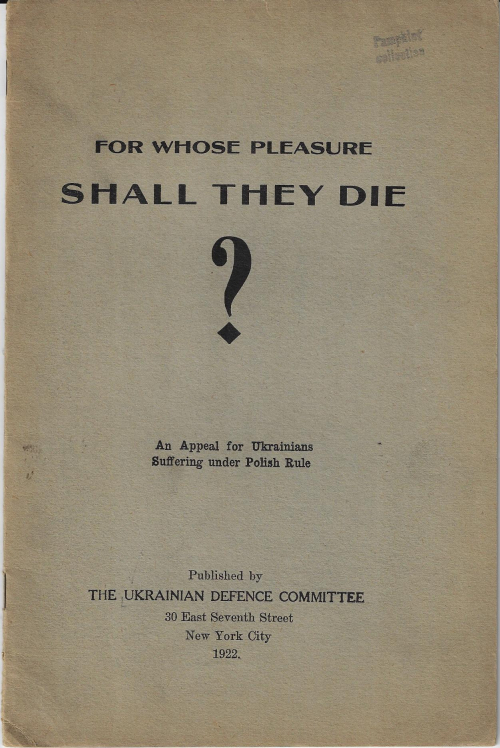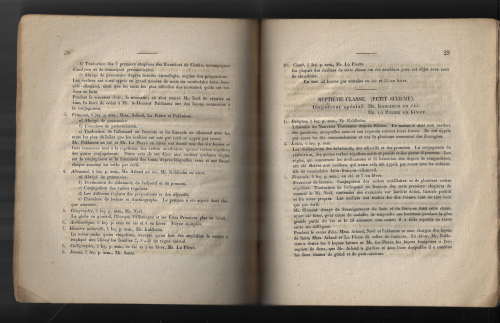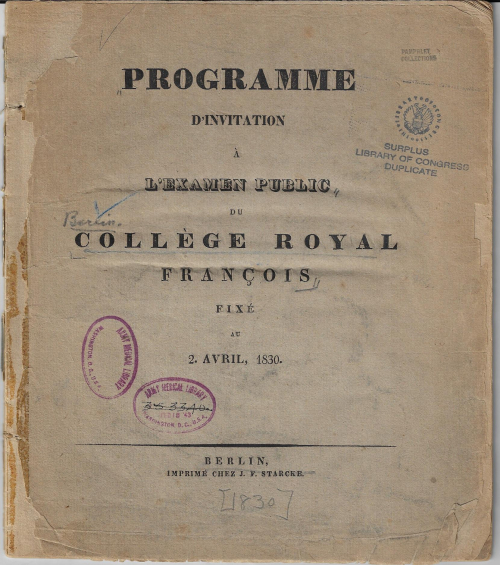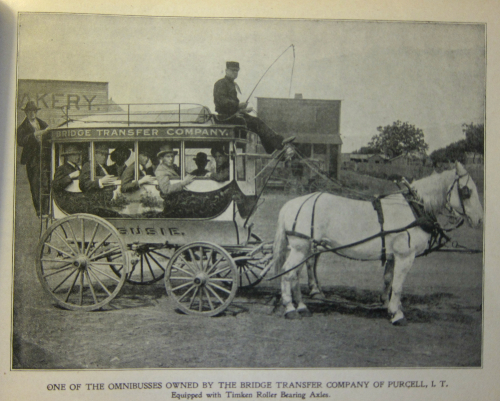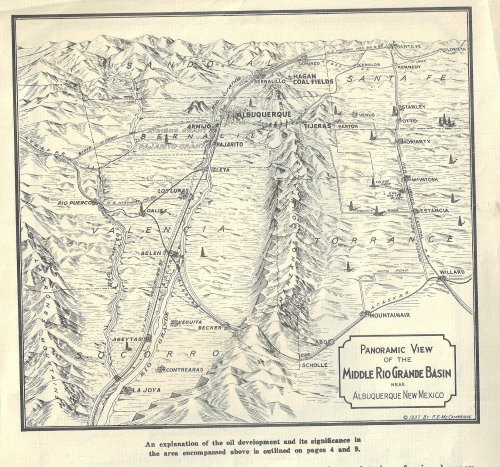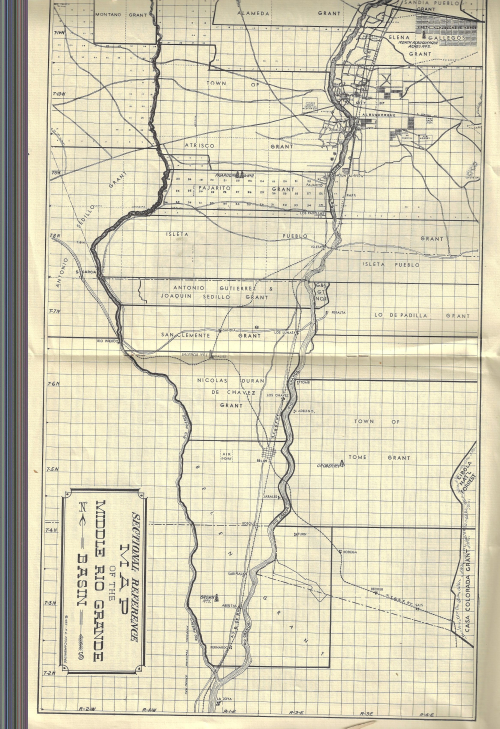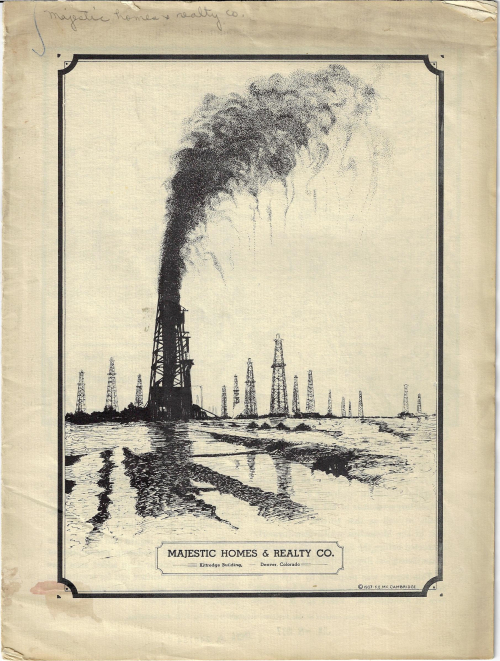Robert Taylor Gray, The Supreme Court Proposal and the Wagner Van Nuys Anti-Lynching Bill.
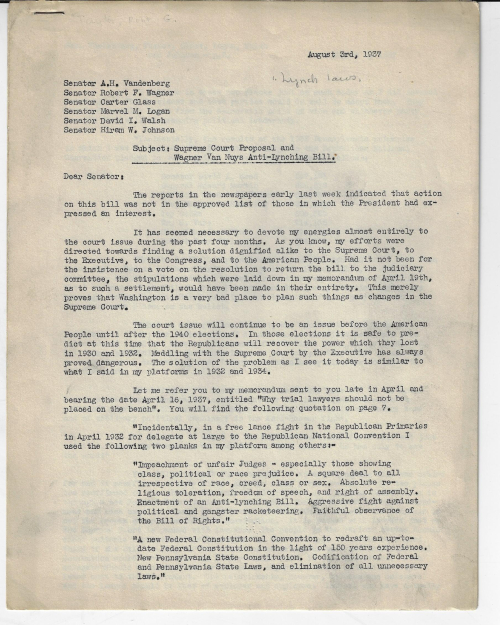 This is basically a letter to Senator A.H. Vandenberg, Robert F. Wagner and four others from Gray, offset printed, and dated 3rd August, 1937. 11x8.5", 4 leaves, staple bound. No copies found in WorldCat/OCLC (though this is not necessarily surprising given the format). Very Good condition. Provenance: the Library of Congress, with their 5mm perforated "LC" stamp on the front-page bottom (though this is not very noticeable). Very Good condition: $300
This is basically a letter to Senator A.H. Vandenberg, Robert F. Wagner and four others from Gray, offset printed, and dated 3rd August, 1937. 11x8.5", 4 leaves, staple bound. No copies found in WorldCat/OCLC (though this is not necessarily surprising given the format). Very Good condition. Provenance: the Library of Congress, with their 5mm perforated "LC" stamp on the front-page bottom (though this is not very noticeable). Very Good condition: $300
It reads: "It scarcely takes a statesman to see that the murder of any citizen by a gang.is not justified on any grounds whatsoever. If any single Congressman dissents from the point of view here taken, I should appreciate his advising on what legal or moral grounds it is done." If you thought that there wouldn't be any dissent among Congress-people, you'd be wrong.
Gray was a very prominent Philadelphia Quaker and scion of a business begun in that city in 1683. He was on numerous committees for racial fairness and equality including the Whittier Center Housing Corporation (where he extracted a promise from the Secretary of Commerce that the Public Works Administration would not build new apartment complexes ruled by discrimination or racial unfairness, a major coup)..
Gray writes about the difficulty of establishing the Wagner Van Nuys Anti-Lynching Bill and its coming to loggerheads with FDR's plan to pack the Supreme Court. Evidently the President's need for Southern support for his court plans would have to be purchased with the defeat of this Bill. Versions of this 1937 Bill (strongly written by the NAACP) had failed to pass the House and Senate in 1934 and 1935. The general way of defeat for these bills had been Southern Filibuster. So even though the bill was defeated, there weren't any "no" votes cast against it--but it certainly had enough storming enemies to keep it from getting anywhere near a vote in the U.S. House of Representative.
Time Magazine, 28 January 1938, reported the following:
"The actual contents of the Wagner-Van Nuys Bill, as simple as they were familiar, would scarcely keep the U. S. Senate busy for that period. Like its predecessors, it provided for Federal prosecution, and a $5,000 fine or up to five years' imprisonment, or both, for sheriffs & peace officers who did not afford criminals and suspected criminals reasonable protection from mobs (any gatherings of more than three persons)."
(The principle Southern anti-anti-lynching bill proponents were) " Tom Connally's loyal little band-Georgia's Russell, North Carolina's Bailey, South Carolina's James Byrnes, Tennessee's Kenneth McKellar, Louisiana's Ellender, and Pat Harrison."
"But if the practice has been general, the opposition to laws intended to suppress it has centered in the South. For two generations Southern Representatives and Senators have greeted every lynching bill that came up for debate with a reaction as sharp and unfailing as would be produced by a polecat. Snorted Georgia's Richard Russell last week of the latest and one of the most threatening Federal attempts to prosecute and punish lynchers: 'Skunk meat.'"
In 1938 a Republican U.S. Senator from Georgia, Richard Russell, Jr.--a man who would rise to be President pro tempore of the Senate and leader of a conservative Republican coalition within the Senate, the great American legislative and deliberative body--referred to legislation aimed at bringing lynchers to justice as "skunk meat". Here's his picture. He was indeed a product of his time(s)...well, perhaps he produced the product of his time, he and others like him were the manufacturers of this machine. He did after all make it possible for this despicable outrage to continue and made it possible for those working way outside the law--the lynchers--to escape prosecution. He subverted the law. And he was one of the highest officials in the land. So I'd say he was a little more than just product--people like this were the producers.



